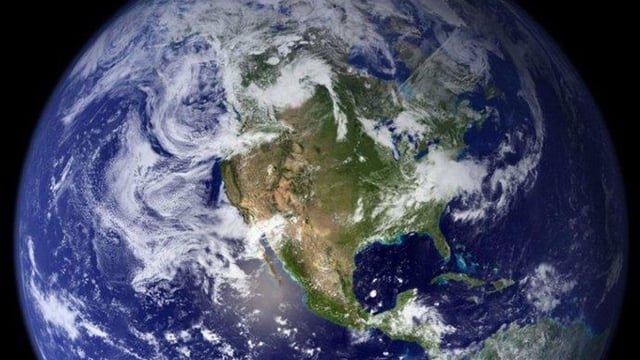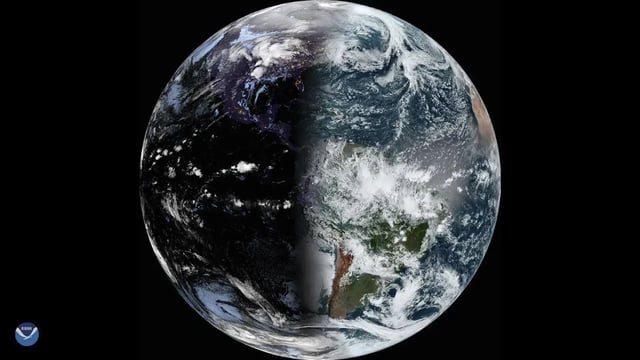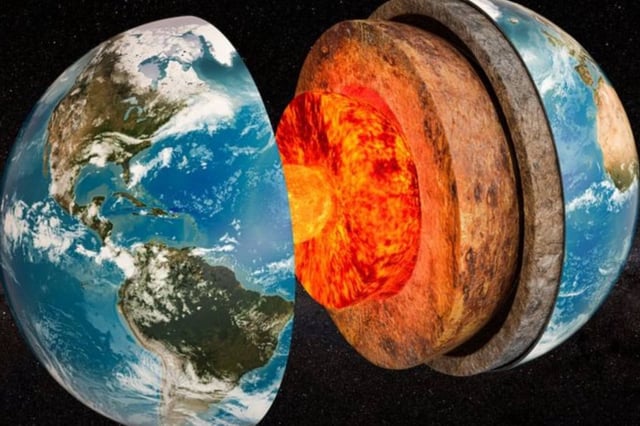Overview
- July 22’s rotation came in 1.34 milliseconds under 24 hours, making it the second-shortest day since atomic clock records began in 1973.
- Since 2020, Earth has repeatedly broken its own spin-up records, including a 1.66 ms-short day on July 5, 2024.
- Forecasts for August 5, 2025 project a 1.25 ms-short rotation, prompting IERS to consider subtracting a second from UTC around 2029.
- Scientists are investigating internal core dynamics, polar ice melt and atmospheric-oceanic shifts as potential drivers of the unexplained acceleration.
- Millisecond-scale day-length variations imperil GPS, telecommunications and financial networks that depend on exact time synchronization.



